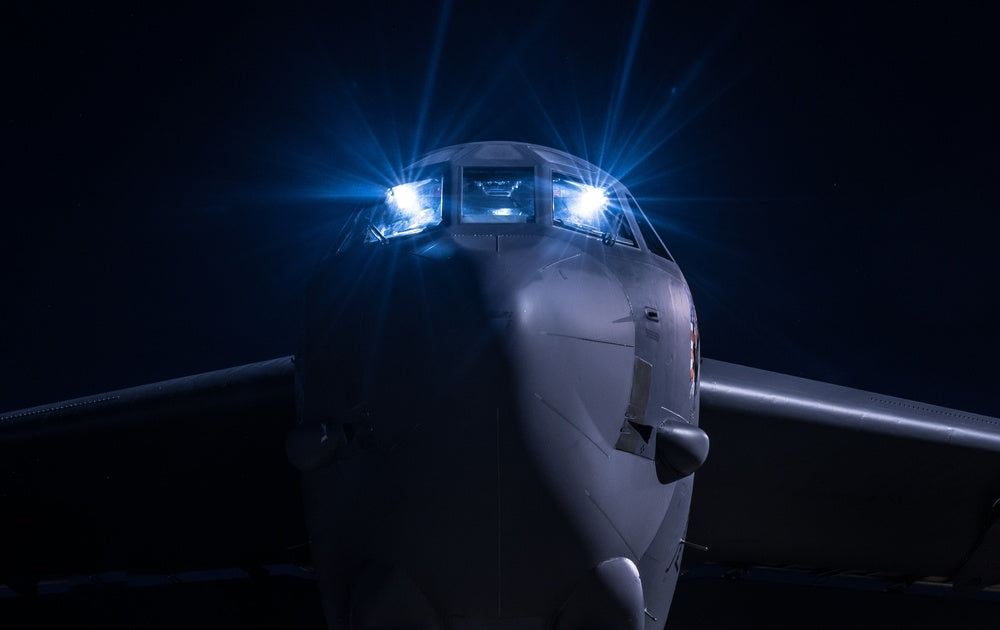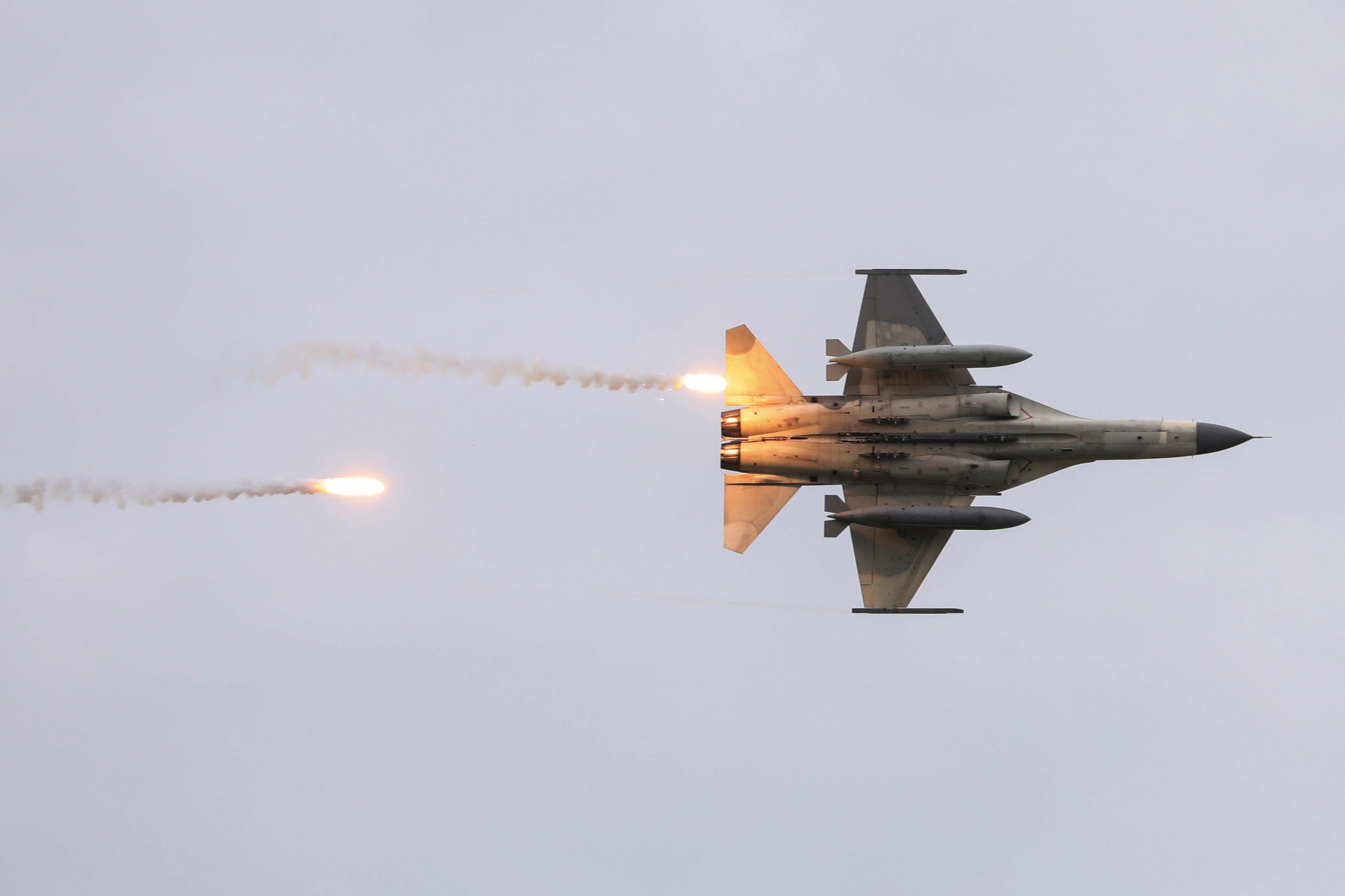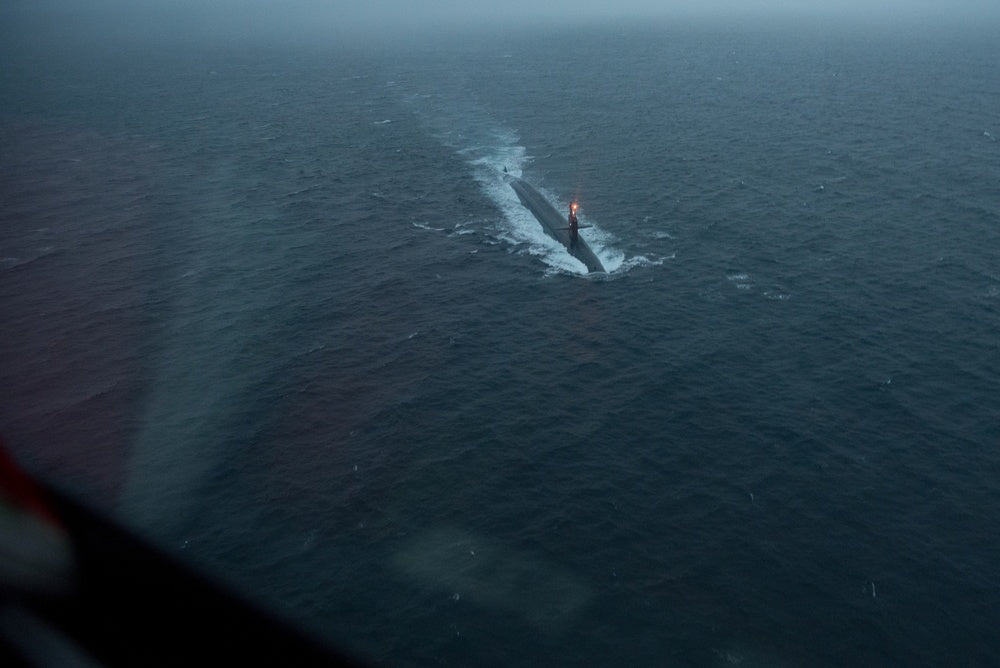
SKorea, US to share nuclear planning to deter North
Representational photo: A U.S. Air Force B-52H Stratofortress preflight crew with the 20th Expeditionary Bomb Squadron works in the cockpit before launching an early morning sortie from Royal Australian Air Force (RAAF) Base Darwin, Australia, April 3, 2018. (U.S. Air Force photo by Staff Sgt. Alexander W. Riedel via U.S. Defense Visual Information Distribution Service)









